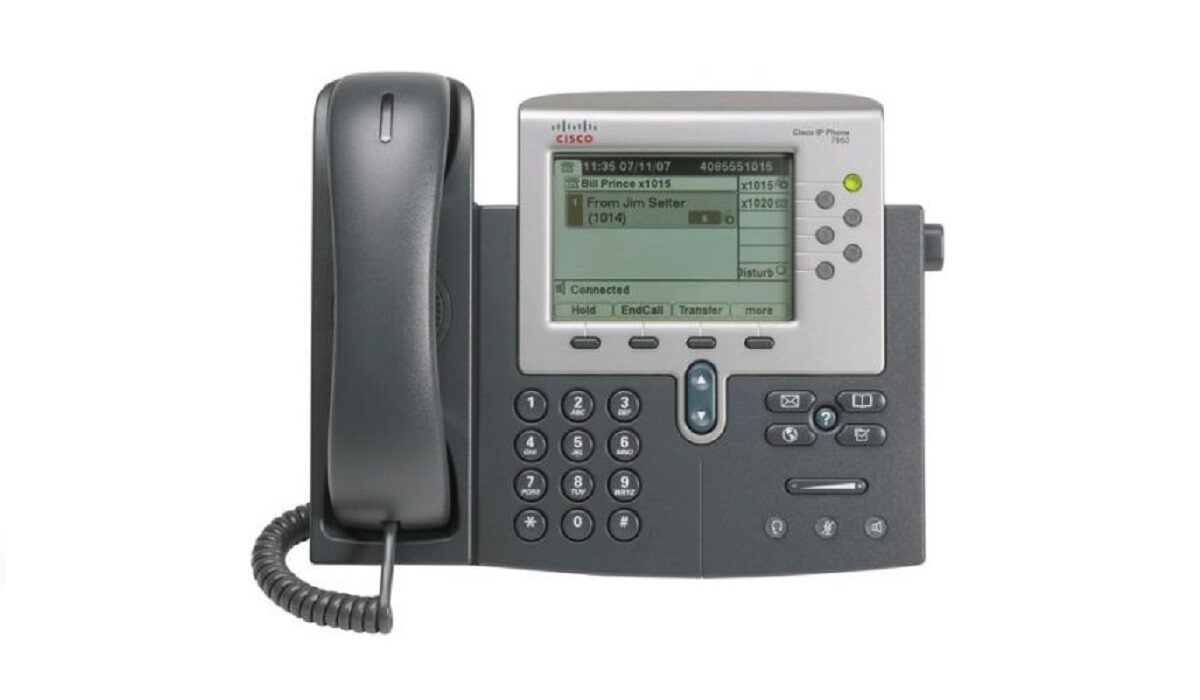A modern business phone system runs on an Internet connection for making and receiving voice calls, as well as for voicemail, video calls, video conferencing, and more. Usually, they are VoIP (Voice over IP) systems. If you are new to that term, VoIP lets you make calls over an Internet connection instead of through traditional telephone lines.
One key benefit of business phone systems is that they allow you to do multiple things over your Internet connection, and this translates to cost savings in your business operations. For example, you can assign a single number to multiple users at the same time. This is great for customer support lines that are manned by a team.
Voice and video calls can be recorded and saved for future review. Individual video calls and group video conferences can happen simultaneously. The underlying factor is that there is a strong, stable, reliable Internet connection for it to run on.
A VoIP business phone system can link up not just your office staff, but also remote staff using their smartphones and tablet devices. Business telephone systems are perfect for both small and large teams. Because they are highly flexible, one can be configured to fit your exact needs, regardless of team size.

Table of Contents
What are the different types of business phone systems?
The most modern business telephone systems are VoIP systems, but there are other types of phone systems. They include: KSU (key system units) and PBX (private branch exchange). This article focuses on the VoIP type, as it is more modern, quite flexible, more cost-effective, and so more widely deployed these days.
How does a VoIP business telephone system work?
At your end, you have a console or hub to which everyone is connected and from where your whole team is co-ordinated. Connected to the console at your end are telephone headsets for voice calls, cameras for video calls and conferences, smartphones, laptops, desktop PCs, tablets, et al. The console connects to a cloud-hosted system at the provider’s end.
Your cost outlay for a business phone system includes the price of acquiring any hardware, e.g., headsets, the console, etc, as well as a monthly subscription to use the service. The monthly subscription is dependent on the number of extensions (people connected).
What to look out for when Buying a Small Business Phone System
A review of your business operations will give you an idea of what you need. Are you needing to run a call/customer support centre, in which case you will need to share a number to multiple people, so any available staff can respond? Do you require video conferencing capabilities? What of outgoing telephone calls? Do you require that your staff stay connected when they are on the move?
All of the above factors and more will influence what kind of setup you require for your business telephone system. You must be able to communicate your needs clearly to the service provider, so they can set up a suitable system for you.
The summary is that using a VoIP business telephone system means that you can manage all your business communications from a central system, regardless of the size of your team, their locations, and the terminal devices they are using. It is an excellent tool for collaboration.
Also, ask about security protocols and measures that the service provider has in place. The Internet is a wild place, after all, and running all your business communications over an Internet connection has security implications.
Examples and list of business phone systems
Some top business phone systems in the market are RingCentral, Comcast, Vonage, and Grasshopper. Others include Nextiva, Phone.com, Google Voice, Skype, Comarch, and CallHippo, among others.

I made the decision to study up on business phone systems as my place of employment has expressed interest in them. It’s a good thing I found your site because you mentioned that there are a variety of options available, including VoIP systems, KSUs (key system units), and PBXs (private branch exchange). I’ll make sure to let them know about this so they can keep it in mind when selecting one and look into experts who can aid them even more when selecting the best option for their needs.